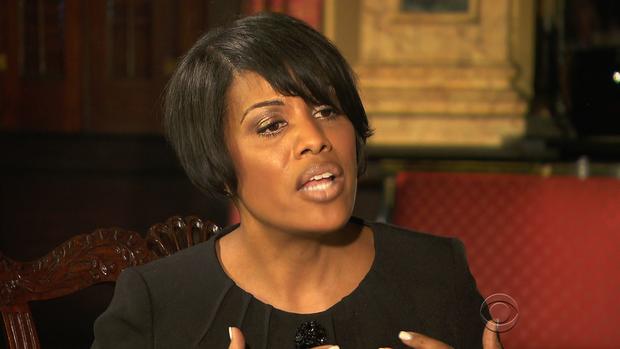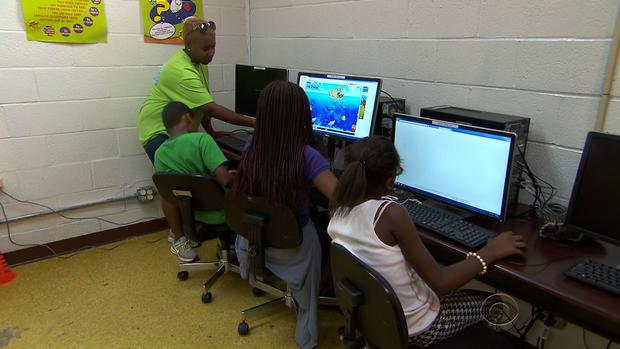Controversial Baltimore curfew begins
BALTIMORE - For twenty years, Baltimore's city-wide curfew has allowed kids under 17 to roam the streets up until midnight. Not anymore.
"They could be harmed. They could do harm to someone else," Baltimore Mayor Stephanie Rawlings-Blake told CBS News. "And we're supposed to turn a blind eye to it? No."
Beginning Friday night, kids younger than 14 must be indoors by 9 p.m.; for kids 14-16 its 10 p.m. on school nights and 11 p.m. other nights. Police will bring violators to two connection centers until they can be picked up by their parents.
While parents will not face jail time, the new law fines parents up to $500.
"We're criminalizing the parents instead of helping out in a community sense providing another source for families," said Tiffany Sanford, a mother of three.
The city pushed the measure this spring after nine children were killed this year, more than double the number from the same time last year.
"I think it's a bad idea with good intentions," 16-year-old Michael Bonner told CBS News. Bonner participates in after-school activities that go well into the evening. He is worried that police will be more likely to confront kids like him.
"The police encounter itself is scary enough," Bonner said. "They're being treated like criminals almost, pulled over. They're not handcuffed, but they're stopped from what they're doing."
CBS News asked Mayor Rawlings-Blake if she was comfortable taking on the role of parent for the city.
"I'm comfortable in taking the role of mayor and protecting our kids," Rawlings-Blake said. "I don't think we can afford to lose one more child on the streets of Baltimore."
A national study says cities with a curfew see violent crime go down 10 percent in just the first year. In Baltimore, the ACLU is asking city leaders to make sure police don't overstep their authority, warning the curfew could lead to stop and frisk for kids.

